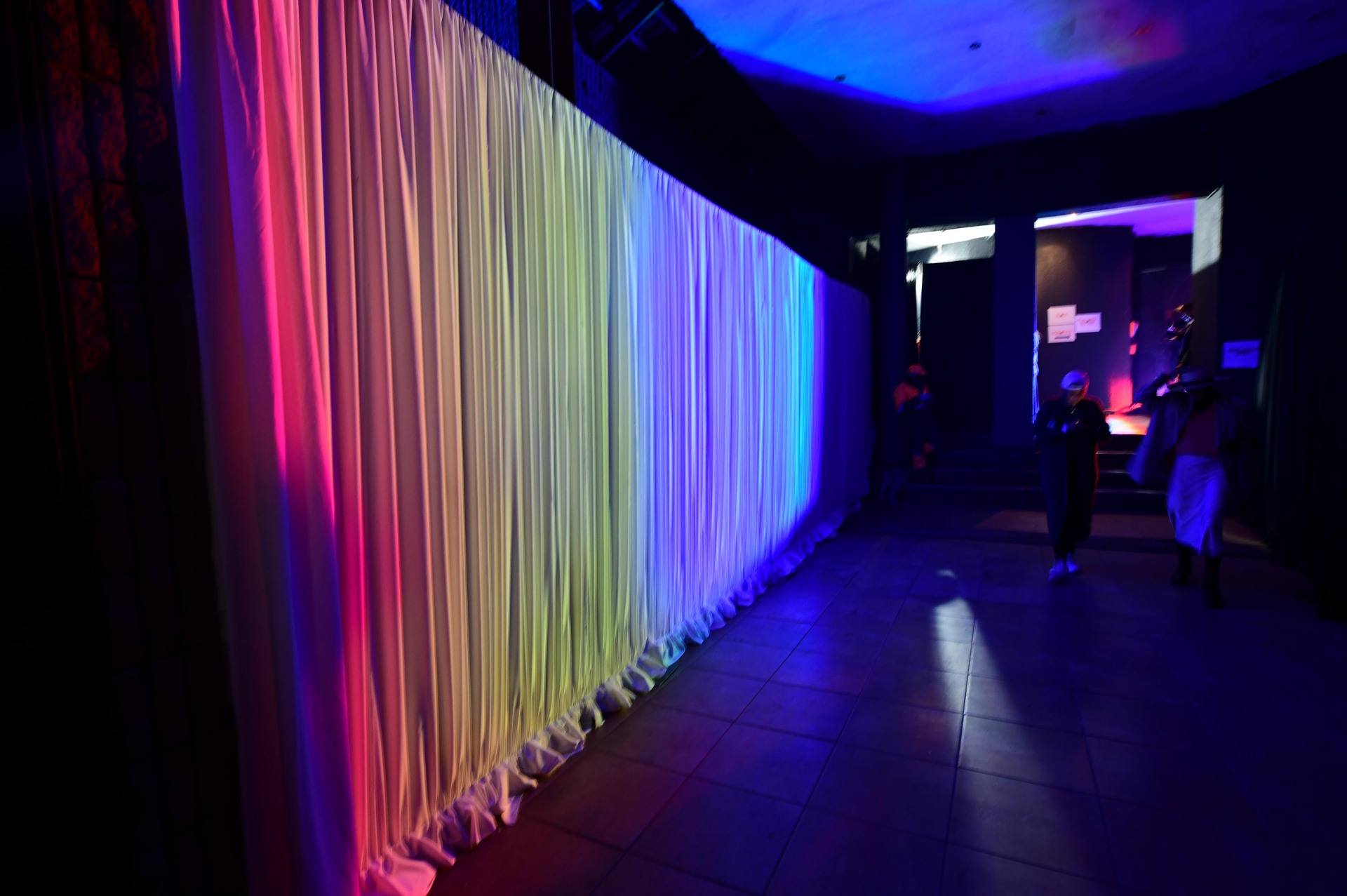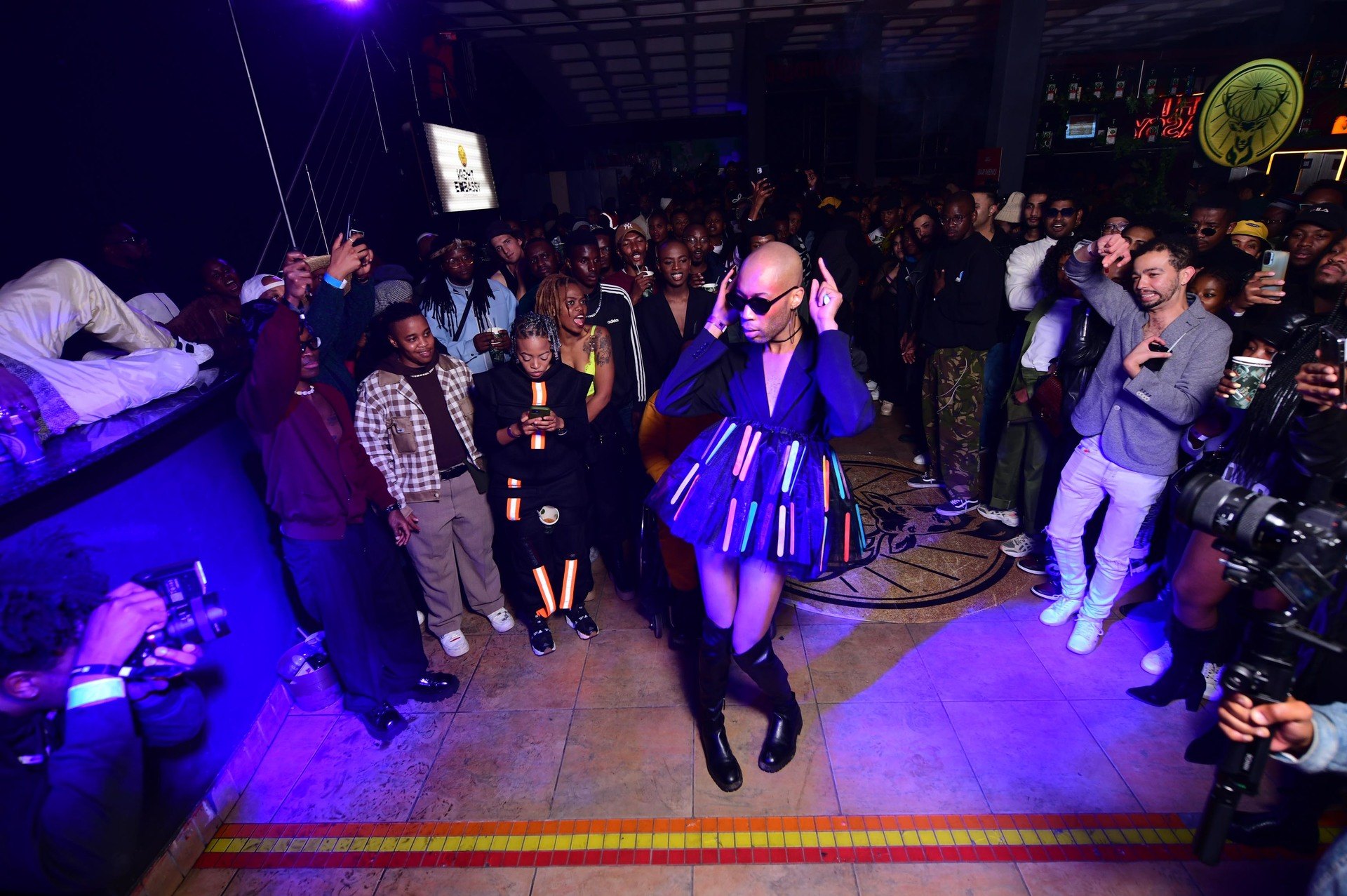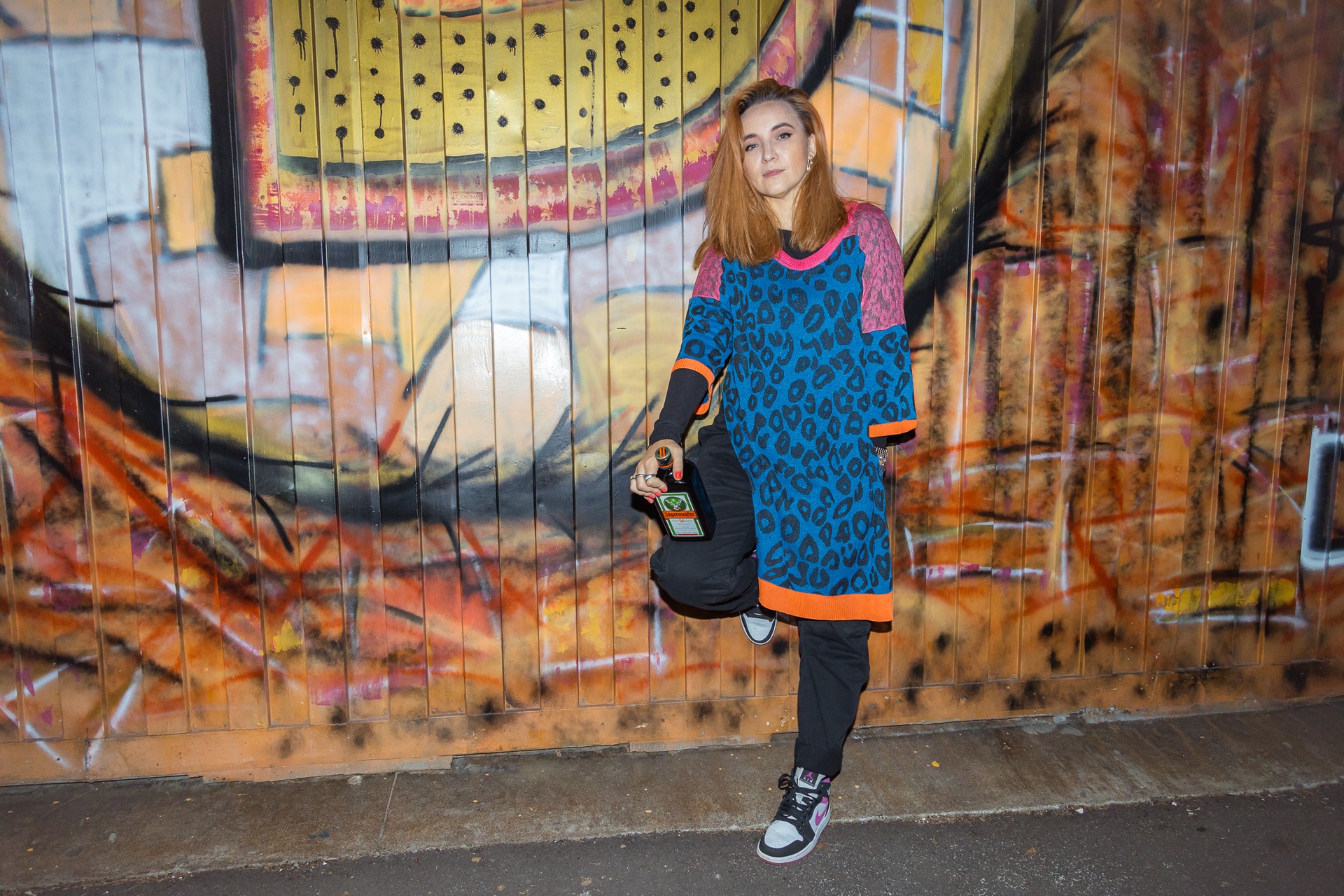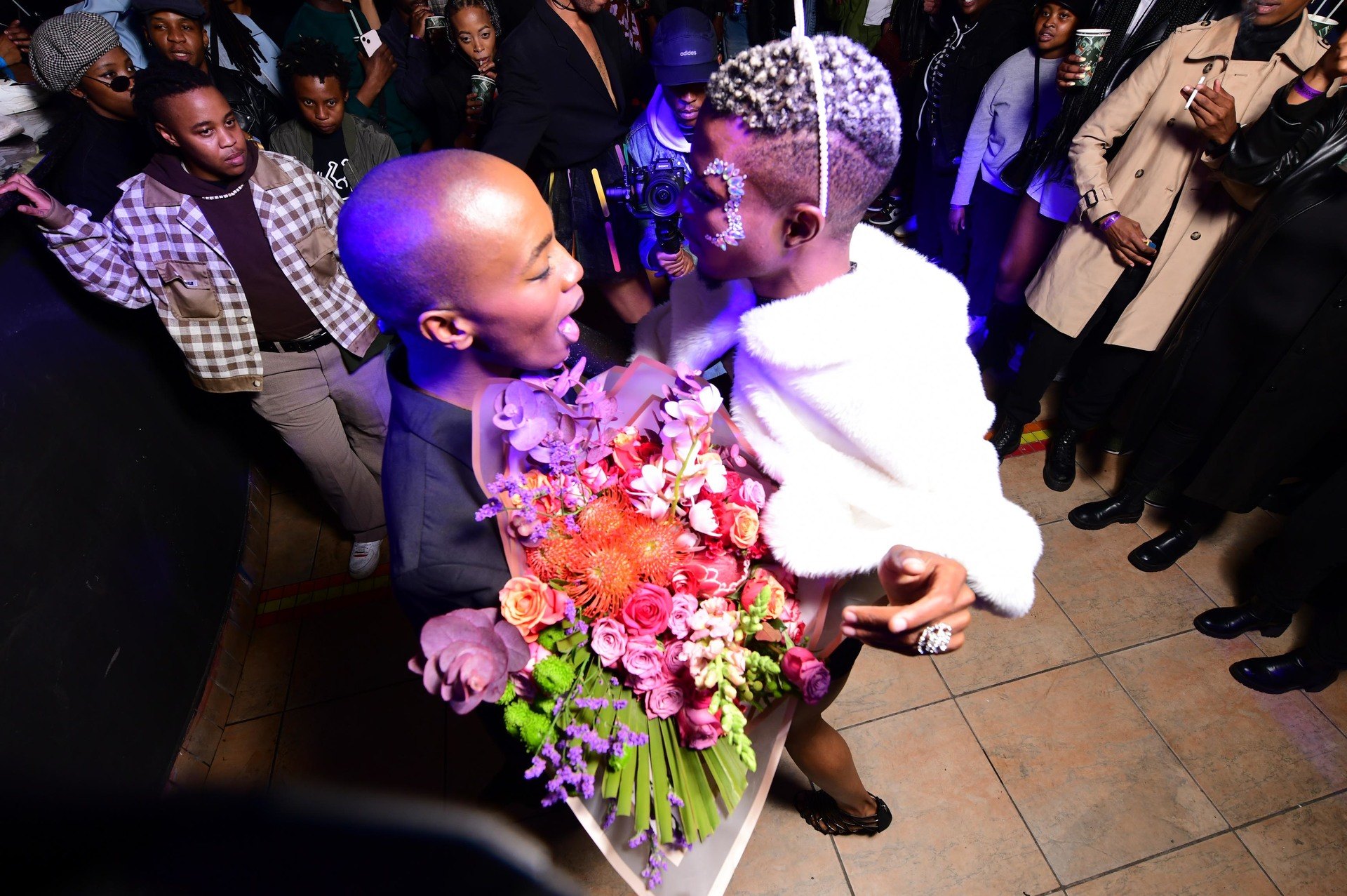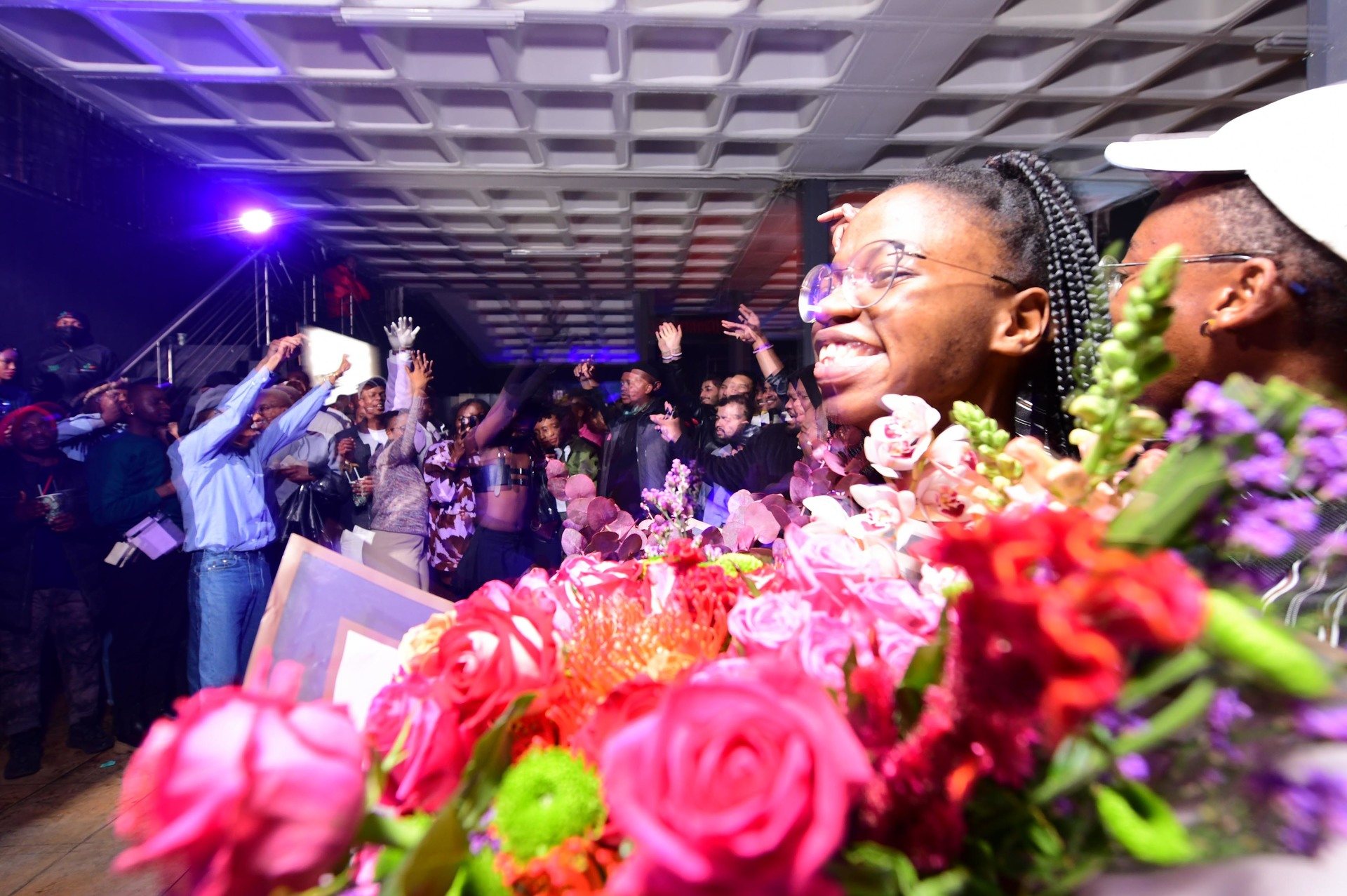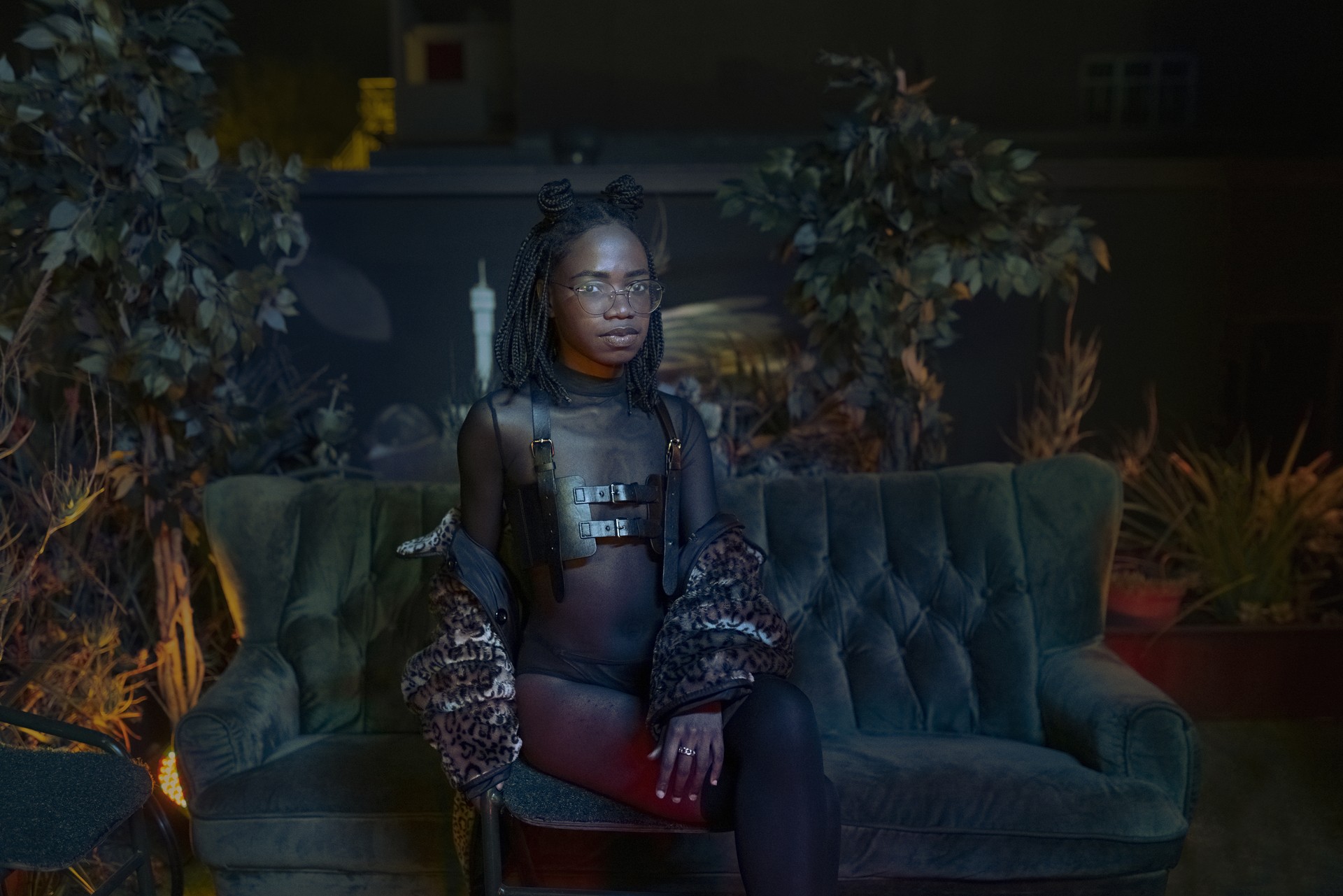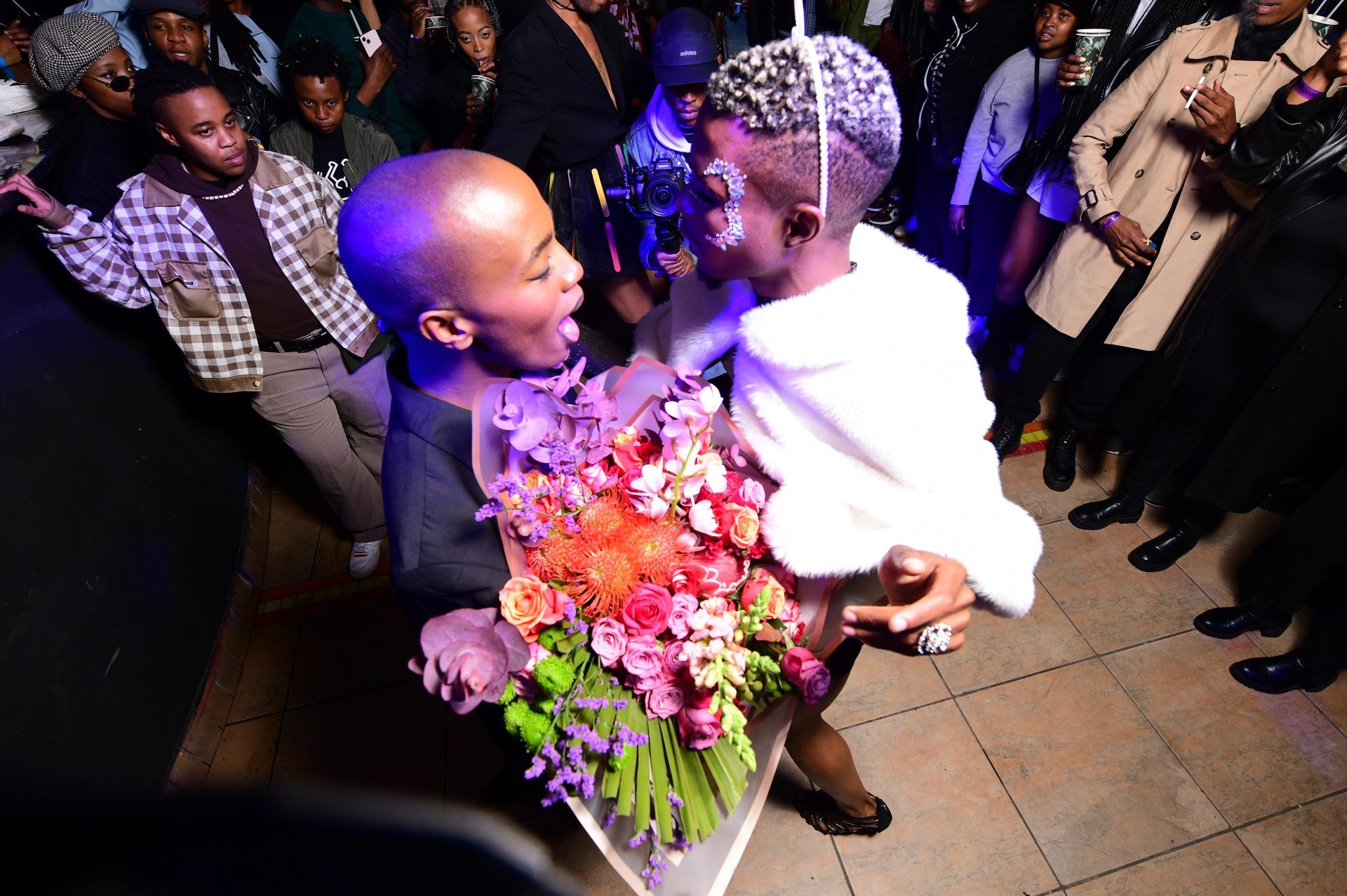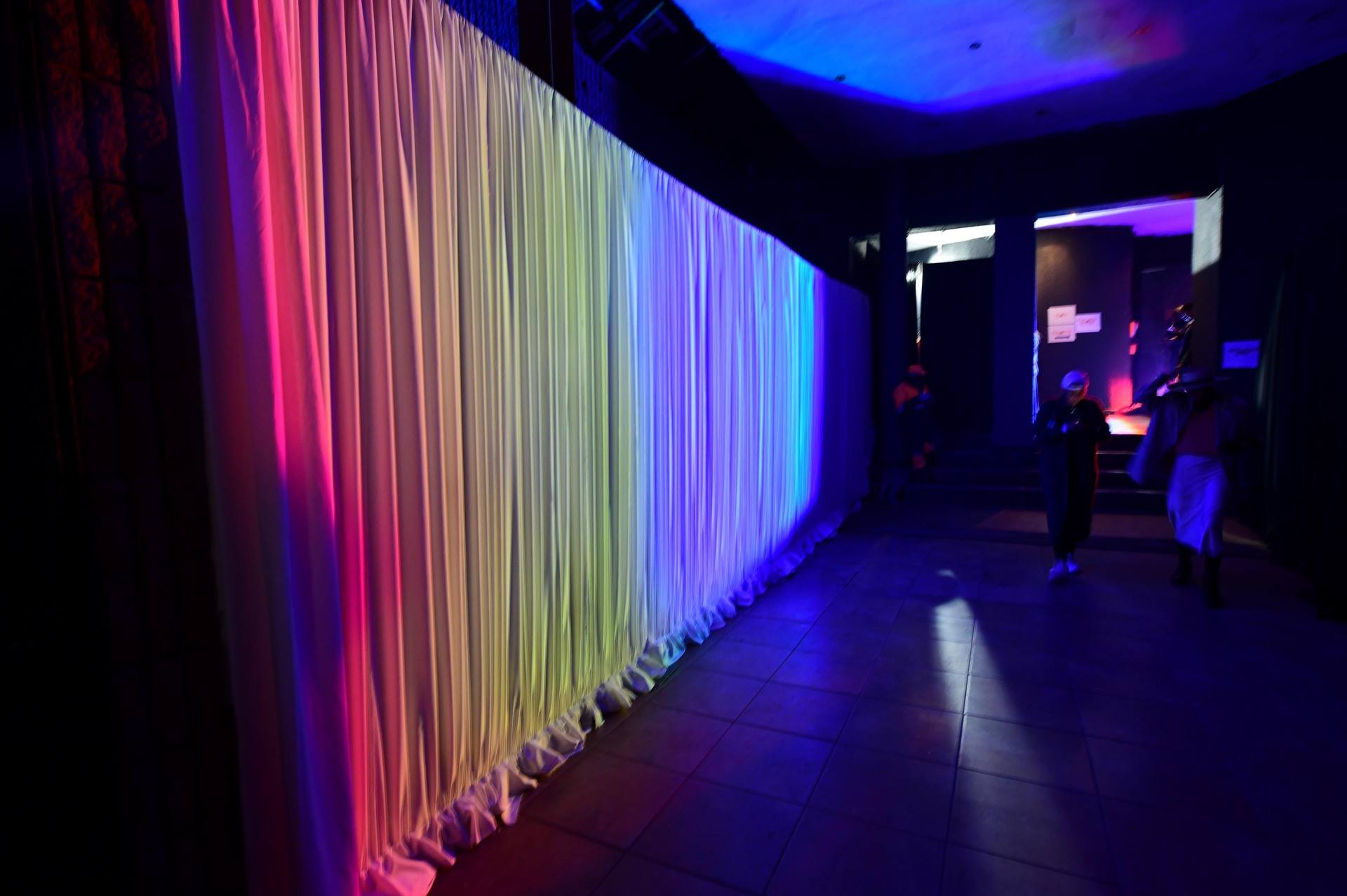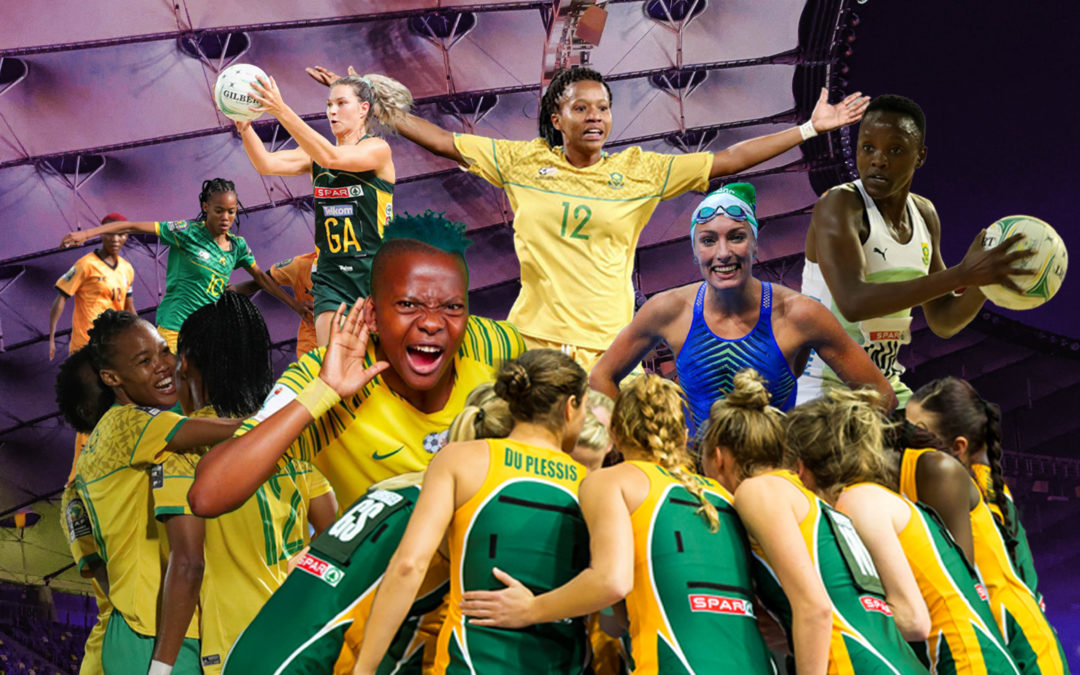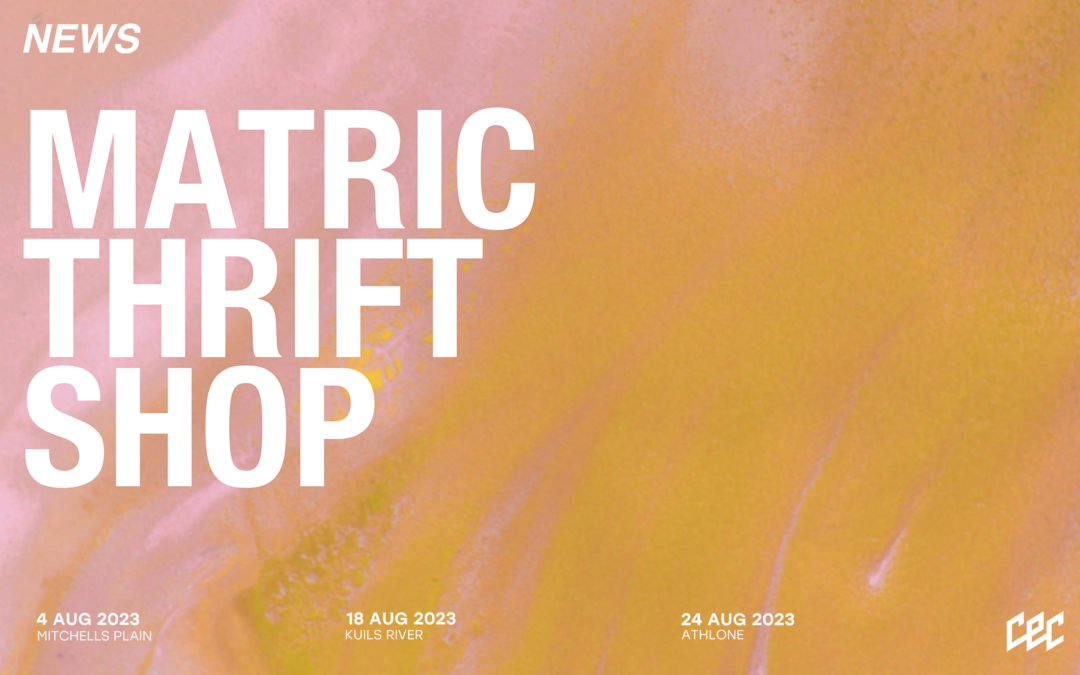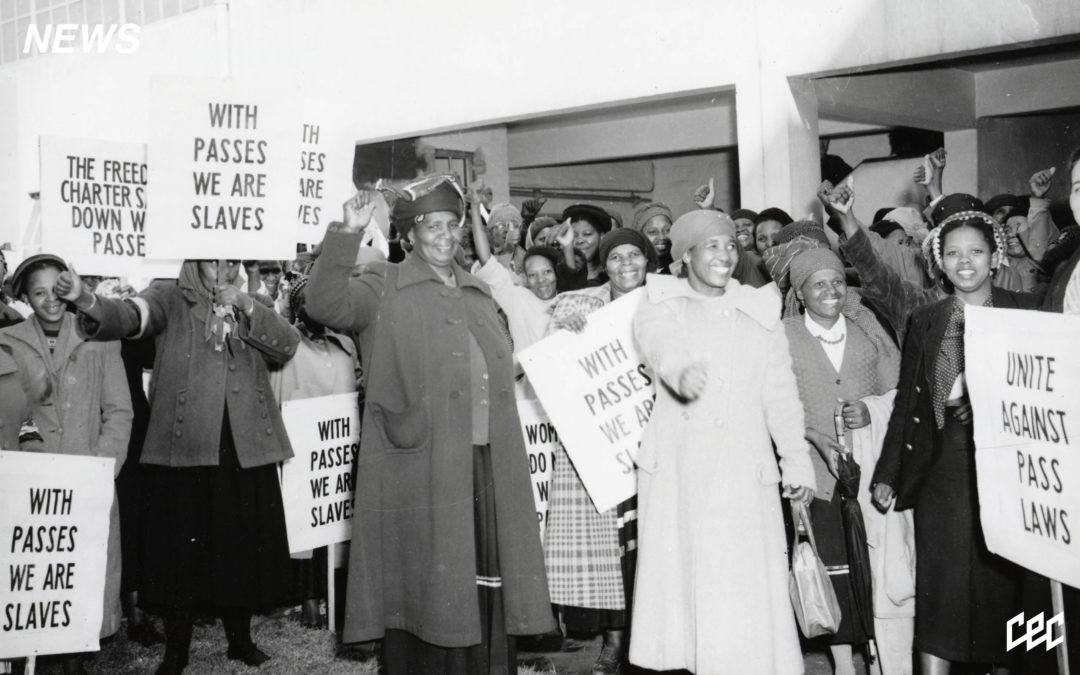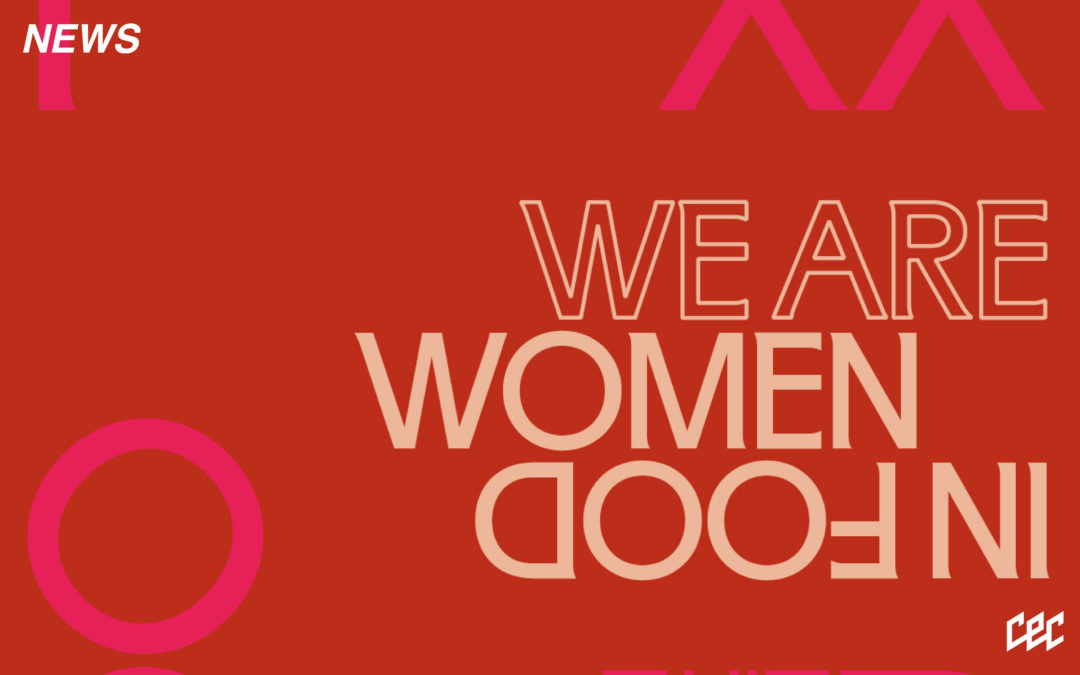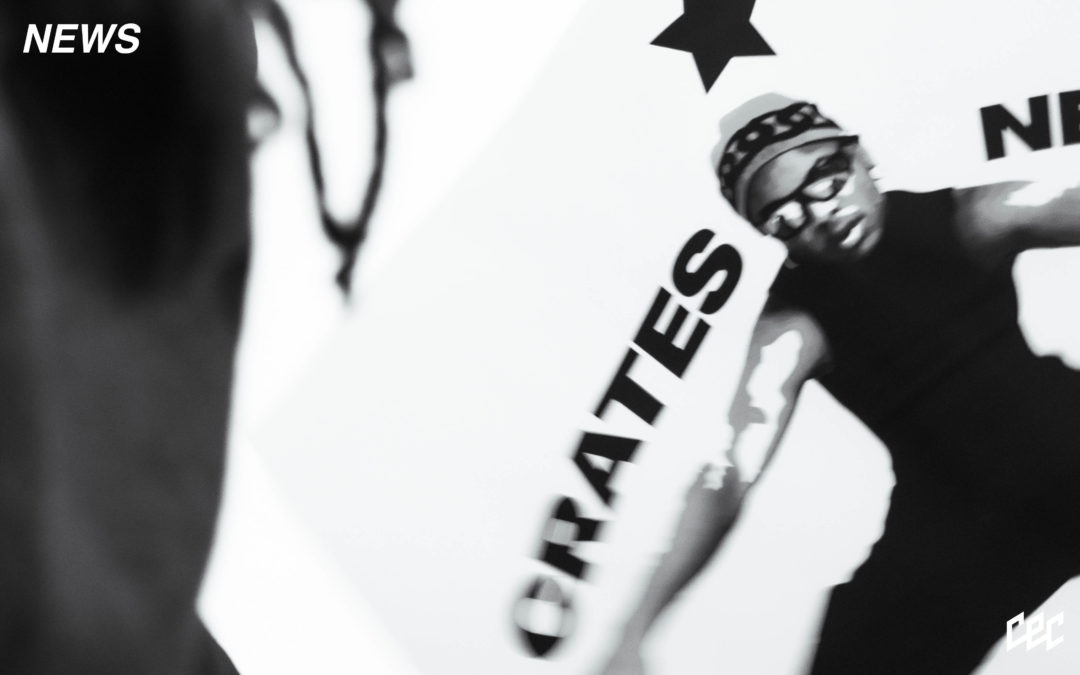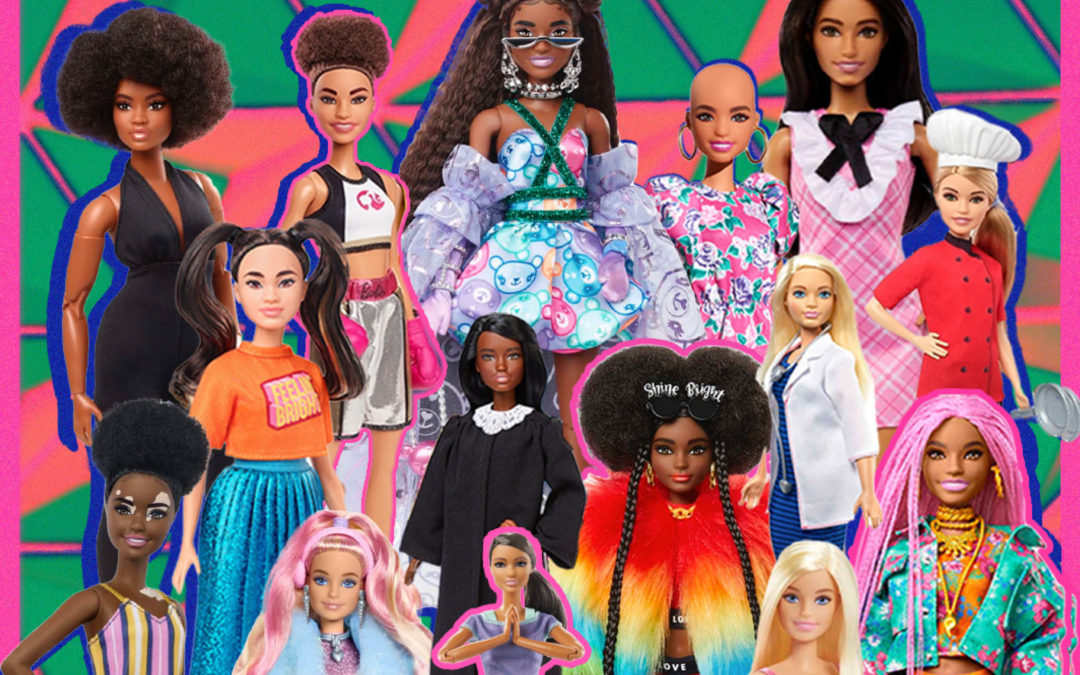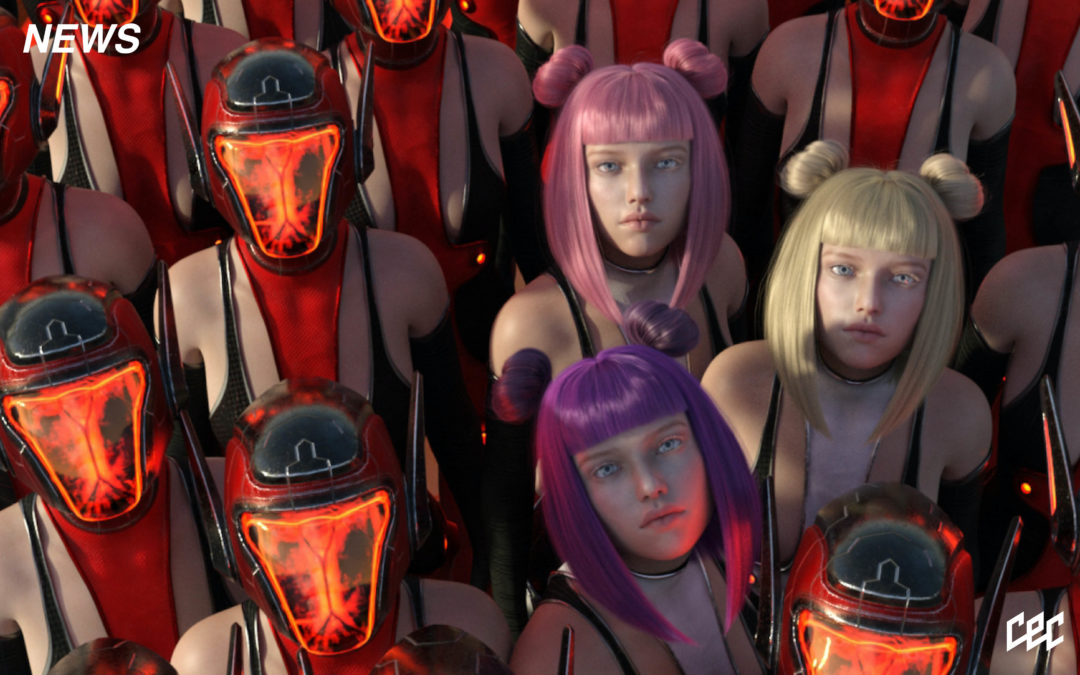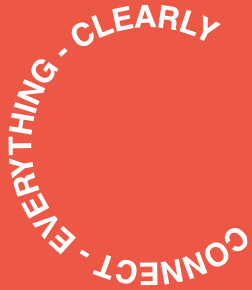Night Embassy hosted its three-day event, Groove Biennale, in Megalo, Alexandra. Lights flashed as the music thumped into the venue. Amapiano and Gqom sounds travelled throughout the space as people found their way around the spacious landscape. Every kind of person was there, chatting or dancing, creating a diverse scene not only limited to physical identity but also in regards to fashion and spirit. For the nights of the 8th, 9th, and 10th of July, in Johannesburg, attendees arrived in the spirit of “groove”: socially expressing themselves.
To prepare for Saturday night, on the 9th, I pulled up my phone and ordered some tickets for myself and a friend, surprised to find that it was free. This deeply interested me as these kinds of events usually require some form of payment. We arrived at night and were relieved to see that the event had secured off-site parking with very helpful car guards. Night Embassy signs were lit up on the building as attendees excitedly entered the space. Night Embassy also had a very efficient team for scanning tickets and securing wristbands. Inside, Amapiano played as I walked down the entrance hallway. Jagermeister‘s bar was set up on two sides of this large space, where attendees were easily able to get a drink and head to the dance floor. The DJ booth was one of my favourite parts, as the stage is elevated in a way that everyone gets to see who’s playing. This night was titled: Ballroom Kiki—a sure reference to the historically popular queer ballroom culture in which people who were part of the LGBTQ culture would come together in underground club scenes where they would walk or dance for prizes.
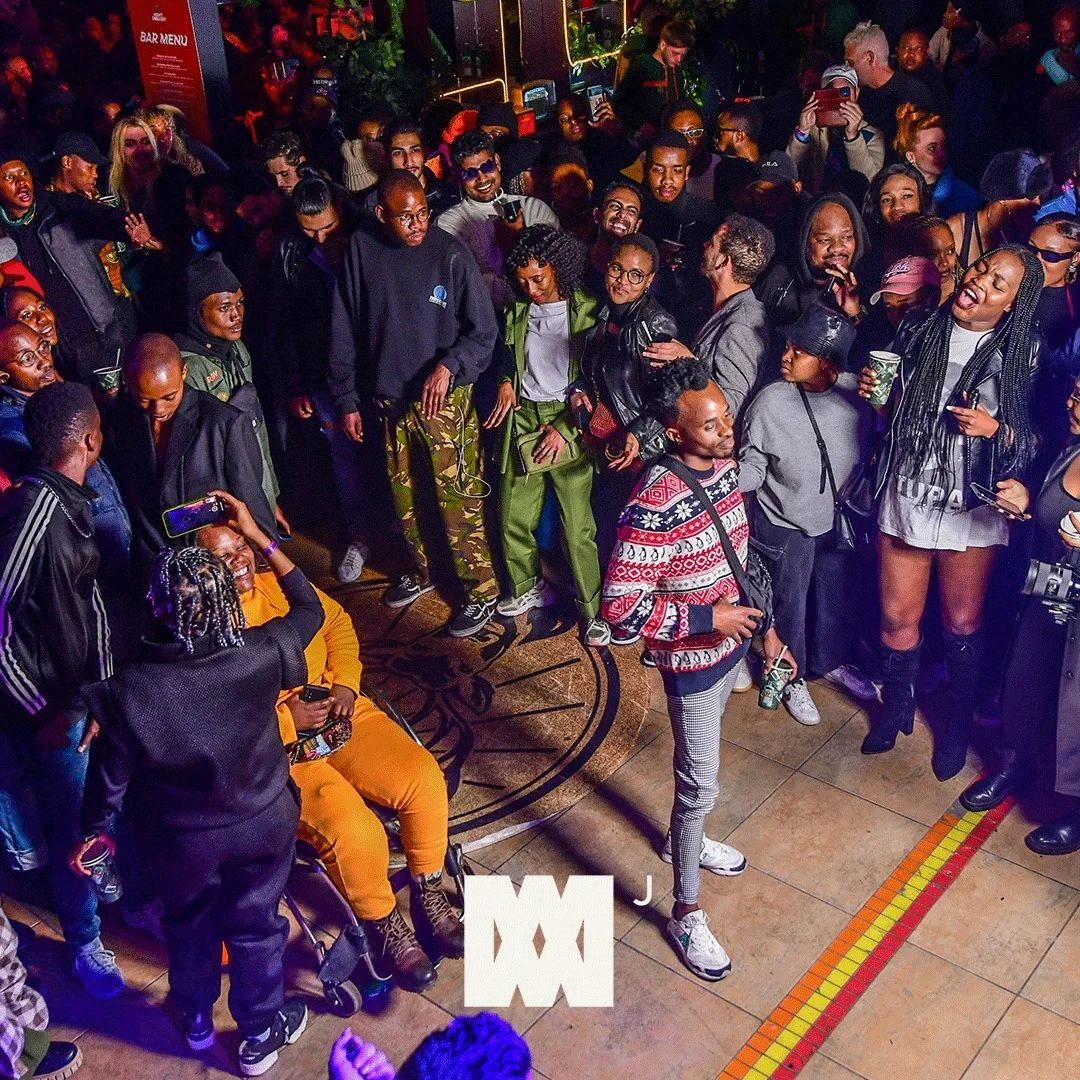
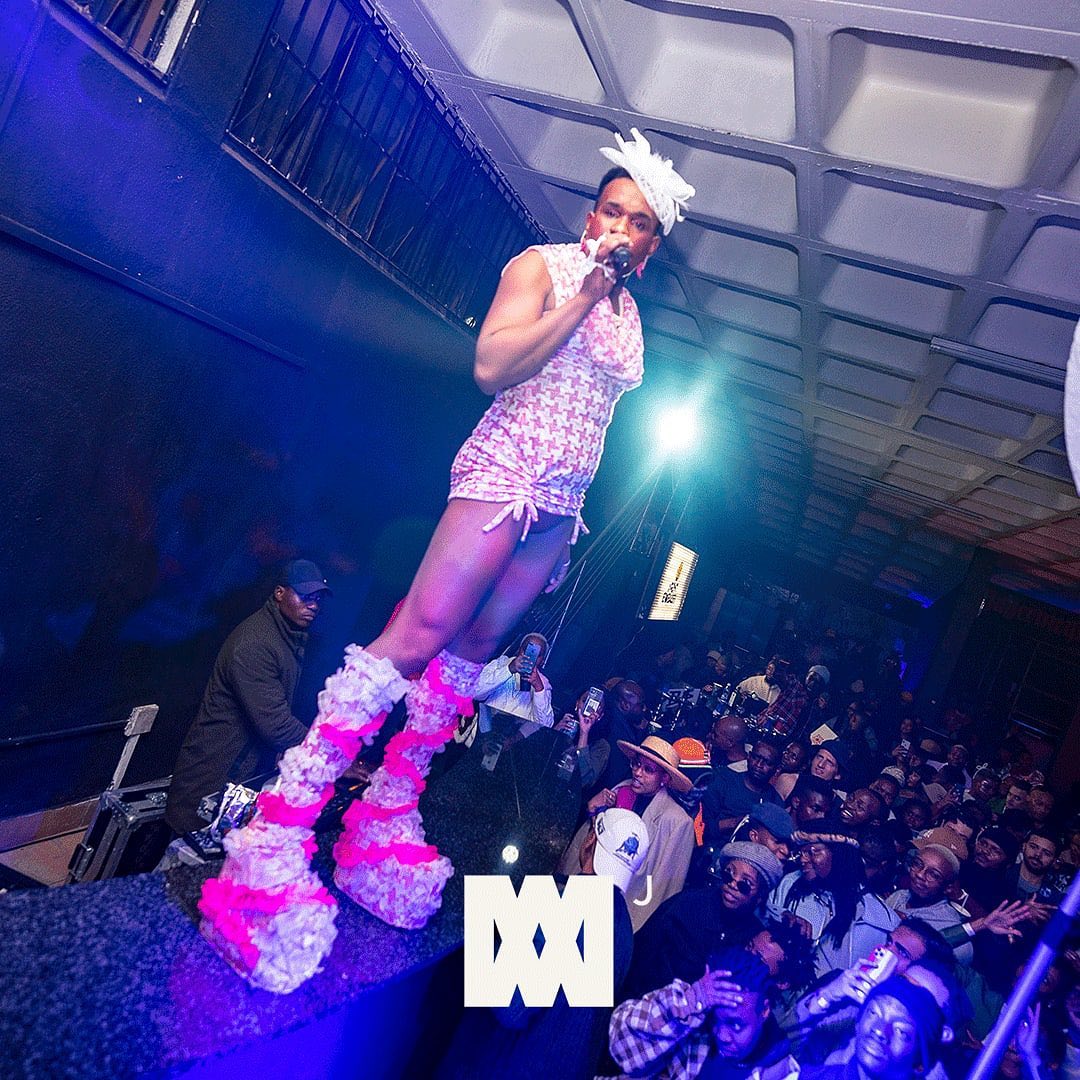
Then Lelowhatsgood launched into punchy Gqom songs, bringing up the energy, and I moved my head to the beat, enjoying the raw fashion looks that some people were completely dressed in. As the Kiki started, the host, Original Hunty, launched into a fun and respectful beat and tempo matching mini-speech about the importance of consent and safety in the space-and as a young woman in the middle of Johannesburg at 9 pm, this has always been a concern of mine but just hearing that eased most tensions as it spoke to the fact that many people in the space did care about that. The night continued off without much of a hitch as participants of the Kiki showed us their clothing, strutting and vogueing in order to gain favour with the judges. This is part of what “groove” is about; removing limitations on yourself not only in dancing and socialising but also in dress and theme. Thus, it became an experience.
With DJs and performers like Pona, who is also a model and content creator, DJ HOT ATHENA, or Phatstoki, Pabi Cooper, who is a well-known singer and dancer in South Africa, Skits, and even Fly Machine Sessions, Hlengi, and LIKKY LIKS, who is fast becoming popular in party spaces—it is no surprise that the Groove Biennale was so much fun. The set lists were always interesting as the lineups varied.
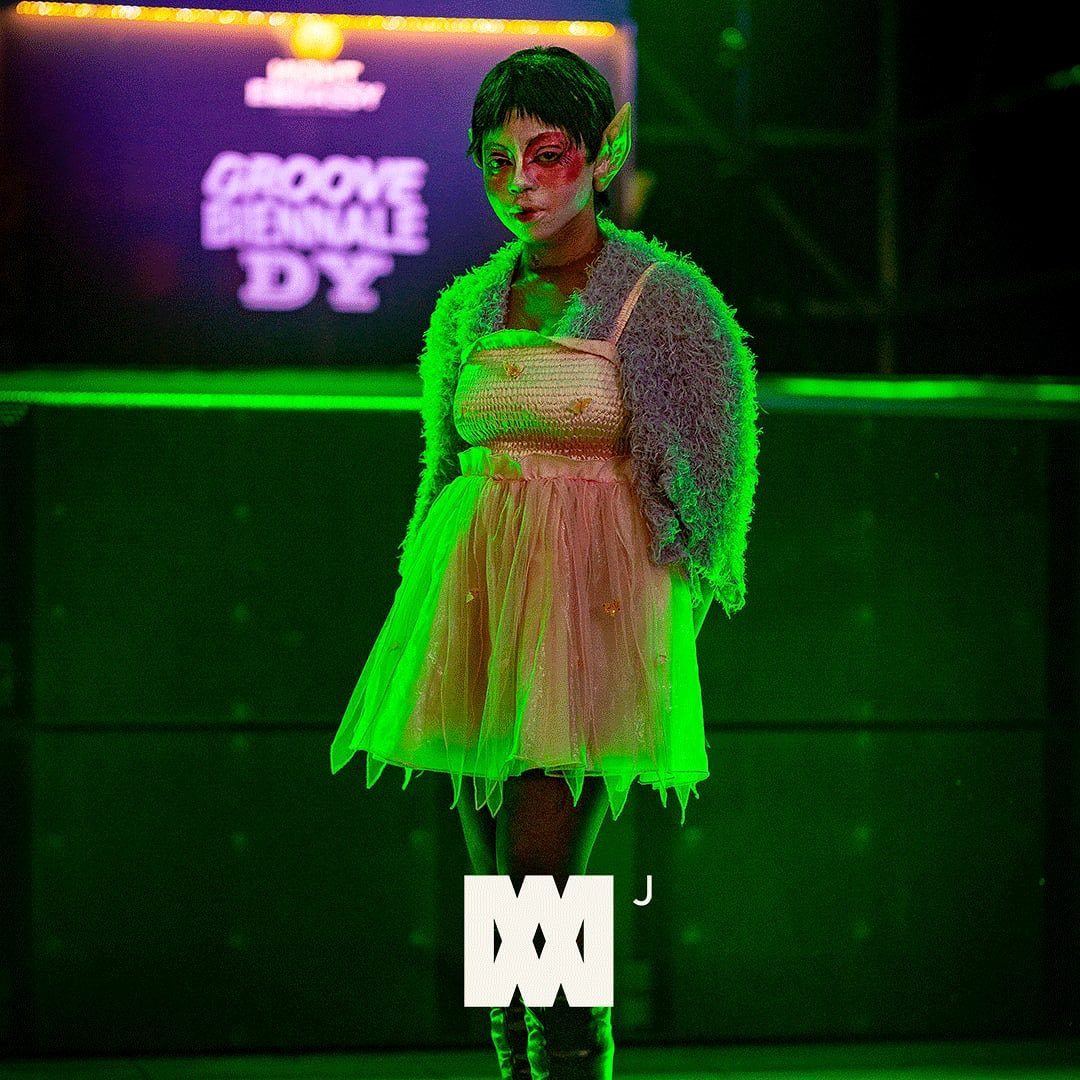
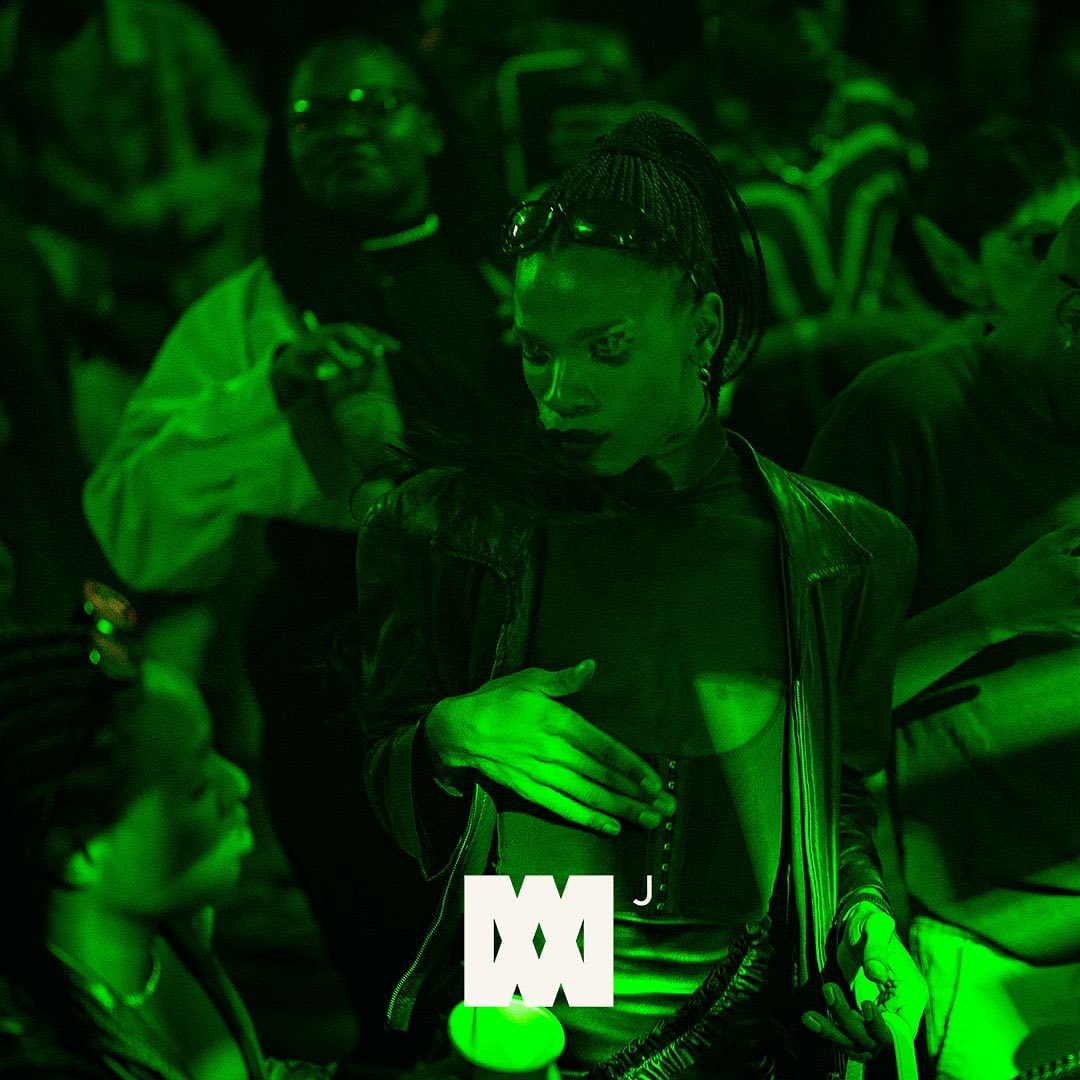
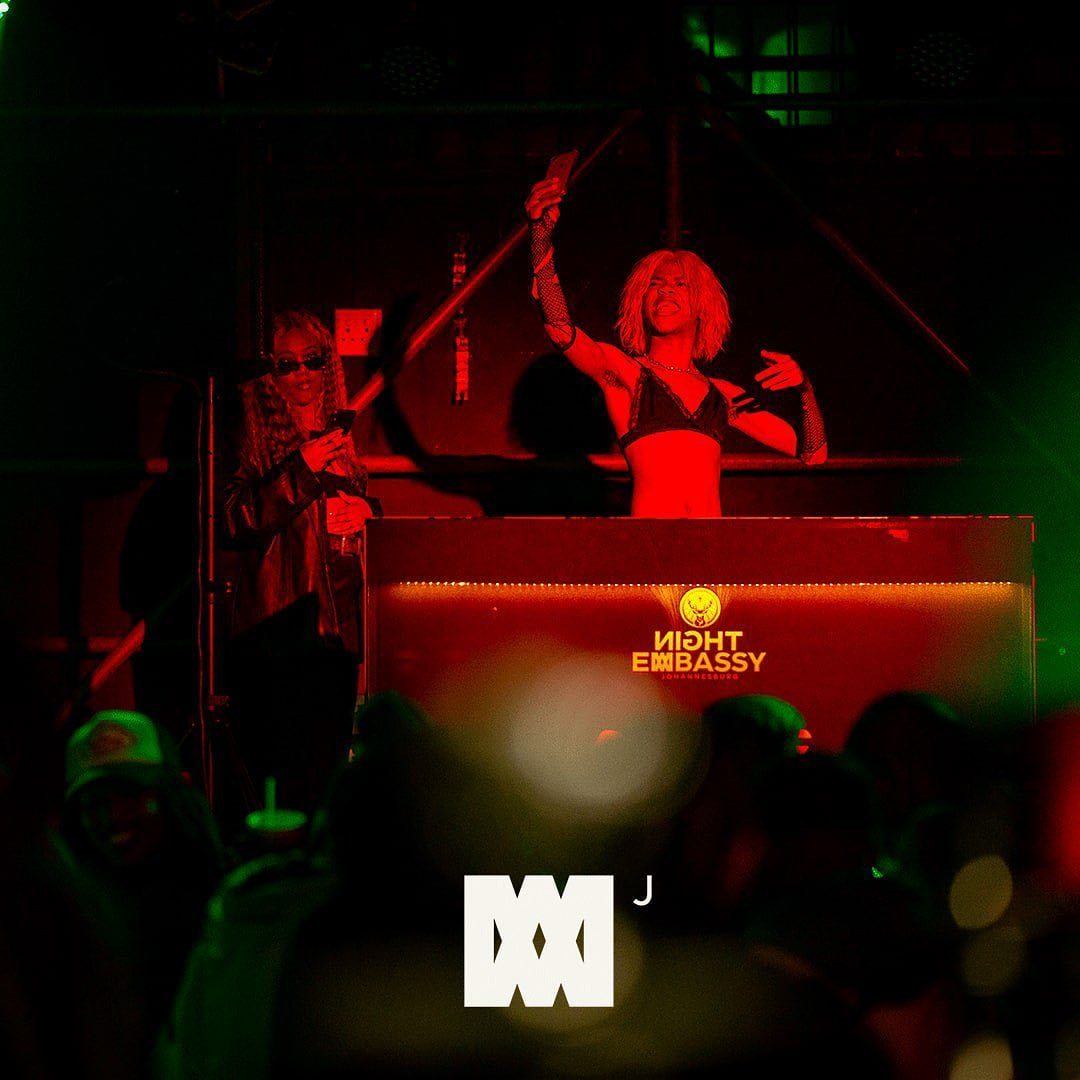
With DJs and performers like Pona, who is also a model and content creator, DJ HOT ATHENA, or Phatstoki, Pabi Cooper, who is a well-known singer and dancer in South Africa, Skits, and even Fly Machine Sessions, Hlengi, and LIKKY LIKS, who is fast becoming popular in party spaces—it is no surprise that the Groove Biennale was so much fun. The set lists were always interesting as the lineups varied.
A few of the DJs talked to me about what made them feel connected to Groove Biennale and what ultimately made them agree to perform:
Hlengi: It was a really special event for me because it was the 5th time I had played live for an audience, it was the biggest gig of my career thus far and also it happened a few hours after my family and I held an event to commemorate the 1 year anniversary of my fathers passing and to also signify “the end of our mourning period”, so it felt very destined and important that this was the “first step” into my new chapter and beginning of my life and even more so because I resorted to DJing during that difficult period and found strength and joy in it so yeah, djing carried me in a lot of ways and it was only fitting that Thelma—you saw me play at Bad Girls Club and acknowledged my passion and gave me a platform-especially because I play techno mainly so it was well received and I needed that boost of confidence.
LIKKY LIKS: Night Embassy events are more than just partying or groove, although they wouldn’t be as successful as they are if it wasn’t for the party culture in our country. The events are more of a movement – paying homage to the subcultures occurring in our country such as ballroom, skate culture, etc and bringing these cultures together with what we call “groove”. it’s about coming as you are and being safe at the same time. They shape the phenomenon that is groove because it’s about us and for us.
The set-up was also admirable. Neon lights are structured into the lines of Megalo. The strobe lights transport the audience into a completely new portal filled with electrifying moments between emerging creatives. Night Embassy is focused on curating and generating lineups and experiences that speak to the merging of the creative scene with the nightlife underground scene.
I spoke to one of the creative board members of Night Embassy, Jana Hamman and the curator of Night Embassy, Thelma Ndebele also known as DORMANT YOUTH:
Clubbing and party culture are a big part of South Africa’s youth culture. How does Night Embassy contribute to and shape the phenomenon that is “groove”?
Jana Hamman: Night Embassy champions ‘Freireum’ – freedom of expression, freedom to be yourself and as such supported talented spearheaders of nightlife culture like DORMANT YOUTH (Thelma Nndebele) to bring their nightlife residency’s to life with no holds barred, which at such a crucial time after covid restrictions and lockdowns, really cemented their dedication to nightlife, and to freedom of expression, experimentation and play without restriction.
Thelma Ndebele: Night Embassy’s contribution was one of showcasing the most exciting parties happening in Johannesburg over the last 5 years.
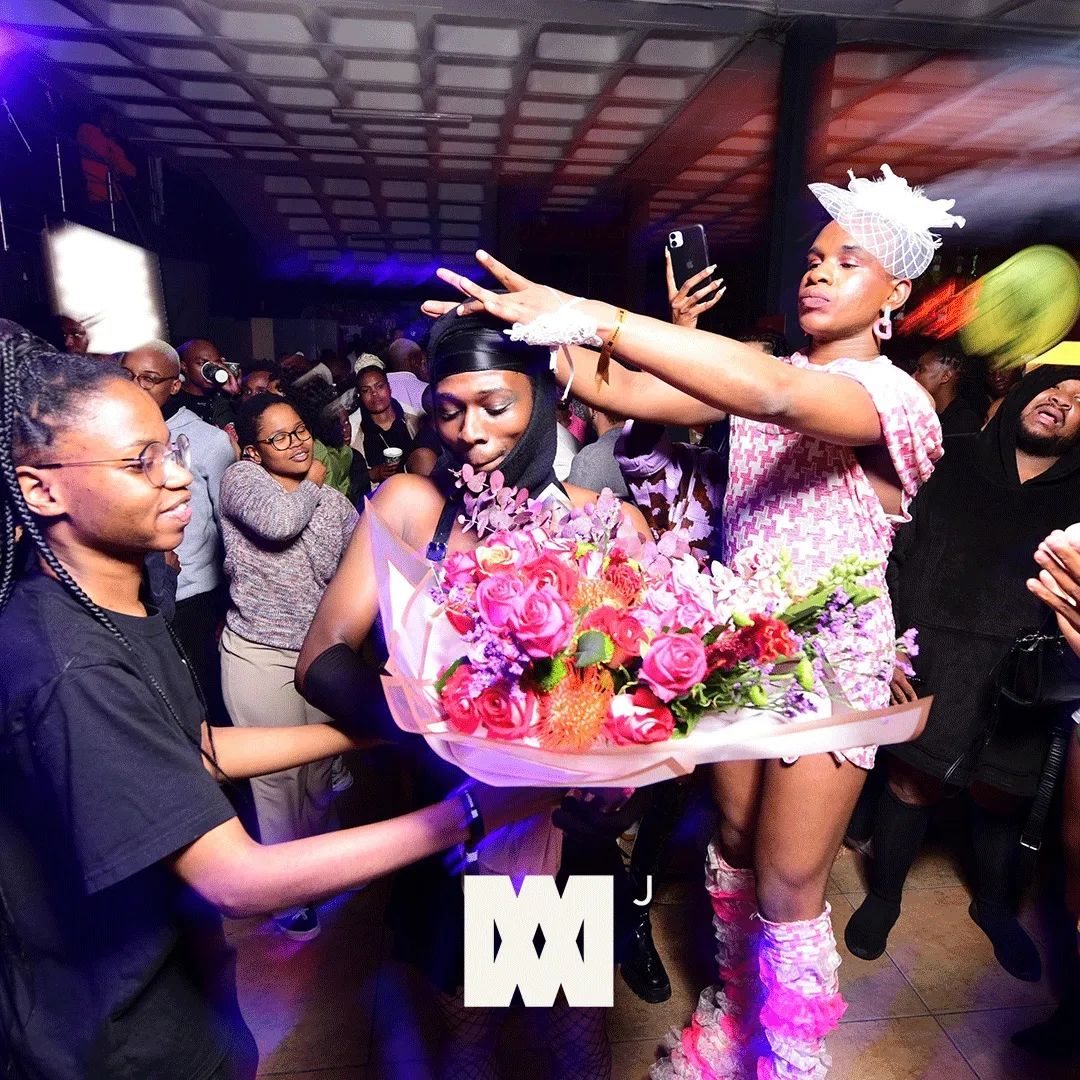
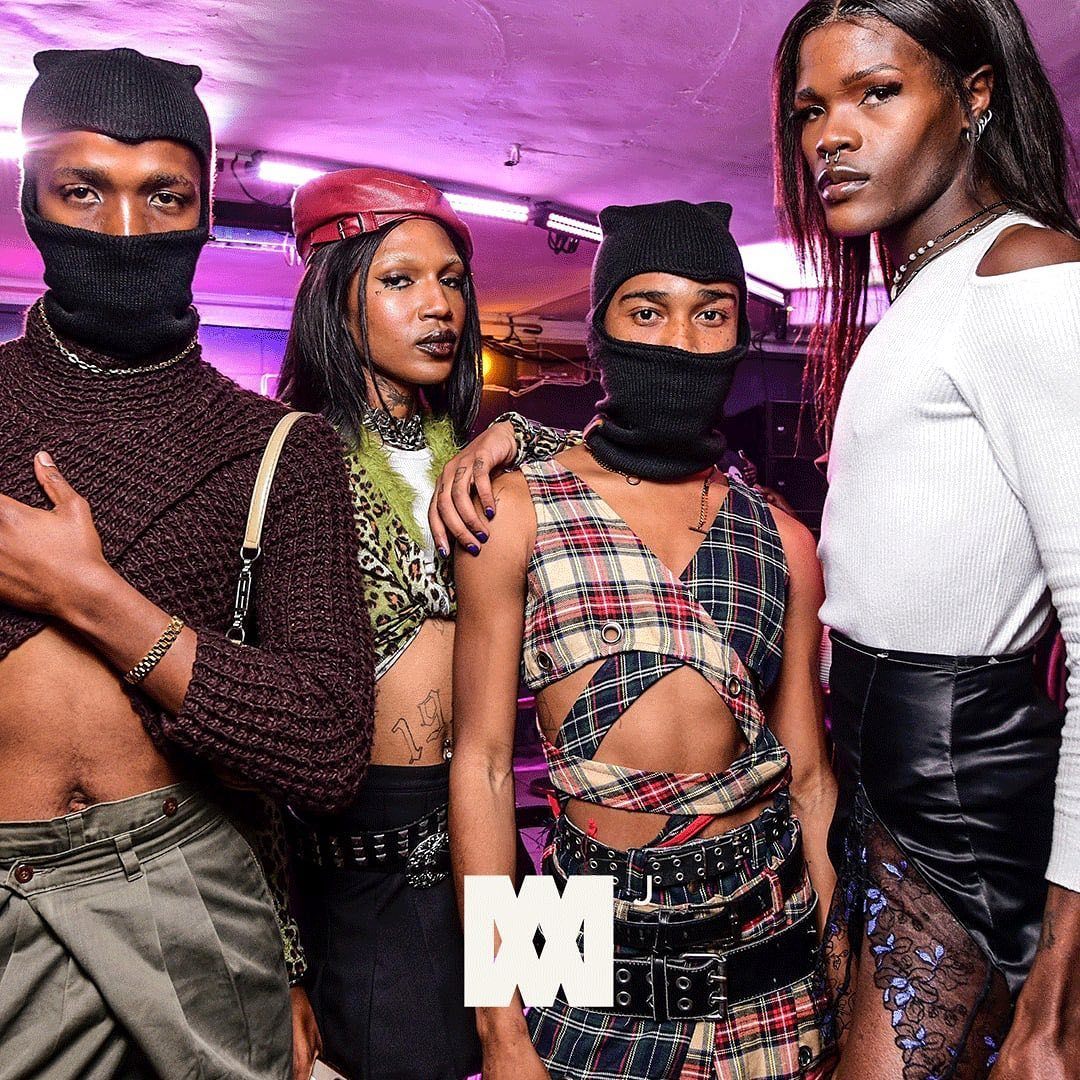
Groove Biennale is a specifically curated three-day event. What are some of the key decisions that drove it to be organised in the way it was?
Jana Hamman: ‘Groove Biennale’ was the residency dreamt up by Dormant Youth, part architect and academic, part DJ and champion of the groove. They have a keen interest in architectural structure within nightlife spaces, and how these affect and promote the way people interact. The Night Embassy team worked with all the ambassadors as production, experience and marketing support (as well as the mentorship from the established board members like myself) to help bring the exploration of their themes to the public, and their respective communities. They needed to span over more than one day, the way residency’s do – as programs that investigate different angles and aspects of their broader ideas.
It was important to expose people to unconventional venues, to really live up to the promise of freedom of expression, and to do this safely and with support. It’s easy doing things in conventional ways, in conventional spaces, but this project has pushed everyone involved beyond their comfort zones, in the name of the night. And in order to really inspire pushing nightlife culture forward, the way Johannesburg has always done.
Thelma Ndebele: The original plan for Groove Biennale was to bring an architecturally designed experience to an unexpected venue in Johannesburg, then soundtrack that experience with the most obscure & innovative sounds & performances that the city has to offer.
What is the one thing you’d want participants to take away from attending the Groove Biennale?
Jana Hamman: Most of these ambassadors and board members are just people who saw an opportunity based on a need or gap in their respective communities – felt things could be better, different or that there is a space for change and took it upon themselves to do something about it. You don’t NEED a Night Embassy to come along and give that gear, it’s anyone’s opportunity for the taking, but when a Night Embassy comes along (and they will), there is a continental shift that happens. Everyone who was a part of it, and everyone who was lucky enough to experience these residencies will agree wholeheartedly. It’s an exciting time for nightlife, and I’m saying that for the first time in at least 5 years.
Thelma Ndebele: Alex is an exciting place to party.
There is an interaction between space and nightlife that occurs due to the intent behind Night Embassy and its events. As Hlengi had mentioned, there is also a connection that the really powerful team behind Night Embassy has with not only the audience but the creators, performers and DJs. If you’re looking to immerse yourself in nightlife experiences around Johannesburg, Night Embassy is the way to go. Not only are you going to enjoy a night full of dance, but you will most likely experience an atmospheric encounter with a diverse, interesting and talented community that makes the South African specifically Johannesburg underground party scene so famous.
/// Photograph credits:
@downtownthabz : Thabo Mthombeni
@darealclickclak : Lee-Roy L Jason

